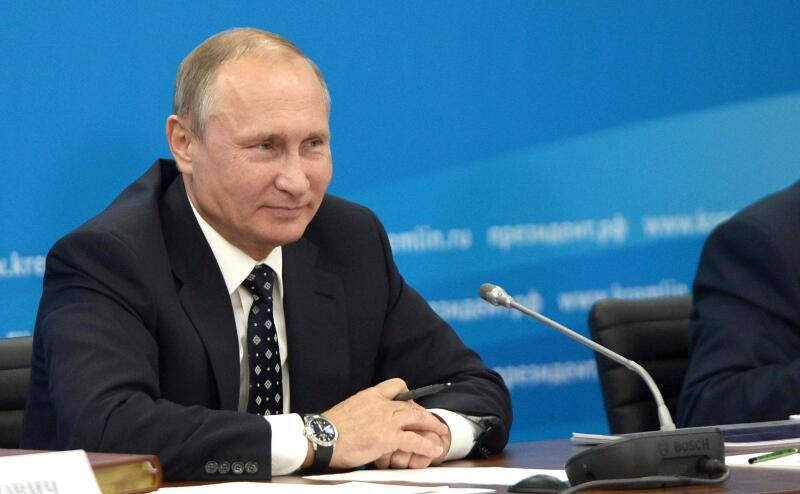
Emerging market bond investors are used to thinking about the financially illogical reasons they might not get their money back, but the assumption has always been that the borrowers would be the ones imposing the problems, not their own governments.
Investors ponder essentially two things when they consider handing over their cash to an issuer in the primary bond market: the borrower's ability and the willingness to pay.
That second factor has, for the most part, been the thorny part of EM debt investing. Investors consider whether borrowers have a good history of paying debts back in full and on time.
To help with this, they are often paid a premium for what is, bluntly, the frequent wildness of the ride in EM. When corruption meets large sums of money, or when inexperienced or unscrupulous borrowers fail to grasp — or care about — the long-term effects of not honouring their obligations, things get a bit tasty in the bond market, mostly at the expense of investors.
But for those trading Russian sovereign bonds, the West is bringing the wildness to the bond market with what appears to be a lack of consideration of the economics of hindering Russia from meeting its bond obligations.
Begrudgingly, we must all admit that Russia on Friday in making its bond payments in dollars looks, to credit investors thinking only of their returns rather than considering too the horrific torment in Ukraine, like a model borrower. It is busting a gut to avoid default.
With oil and gas prices through the roof, monthly foreign currency inflows to Russia are strong while energy exports continue. This newspaper argued last month that the West has played the issue of a Russian default poorly and since then, Russia has used its chance to show that it is both able and willing to pay.
The big question is whether the US and EU will let it?
The logical answer to most would seem to be yes, they should. Russia already has foreign investors’ money; it raised it in the primary market years ago. By allowing Russia to service the debts from non-frozen funds, the invader is starved of money that would fund its incursion into Ukraine.
And yet, it looks as if the West wants Russia to default, even at the expense of its own investment houses, pension savers and so on.
Frankly, it's not a great look for the sanctions programmes that those imposing the proscriptions are still hooked on Russian energy, giving what is supposed to be a pariah state the ability to fund what it likes, including bond payments.
The resilience of the Russian economy has surprised many. And if the US Office of Foreign Assets Control extends its licence allowing Russia to make its debt payments past the original deadline of May 25, upon that extension there is likely further embarrassment to come — a huge rally in Russian sovereign bonds as investors cotton on that they will be paid as promised.
